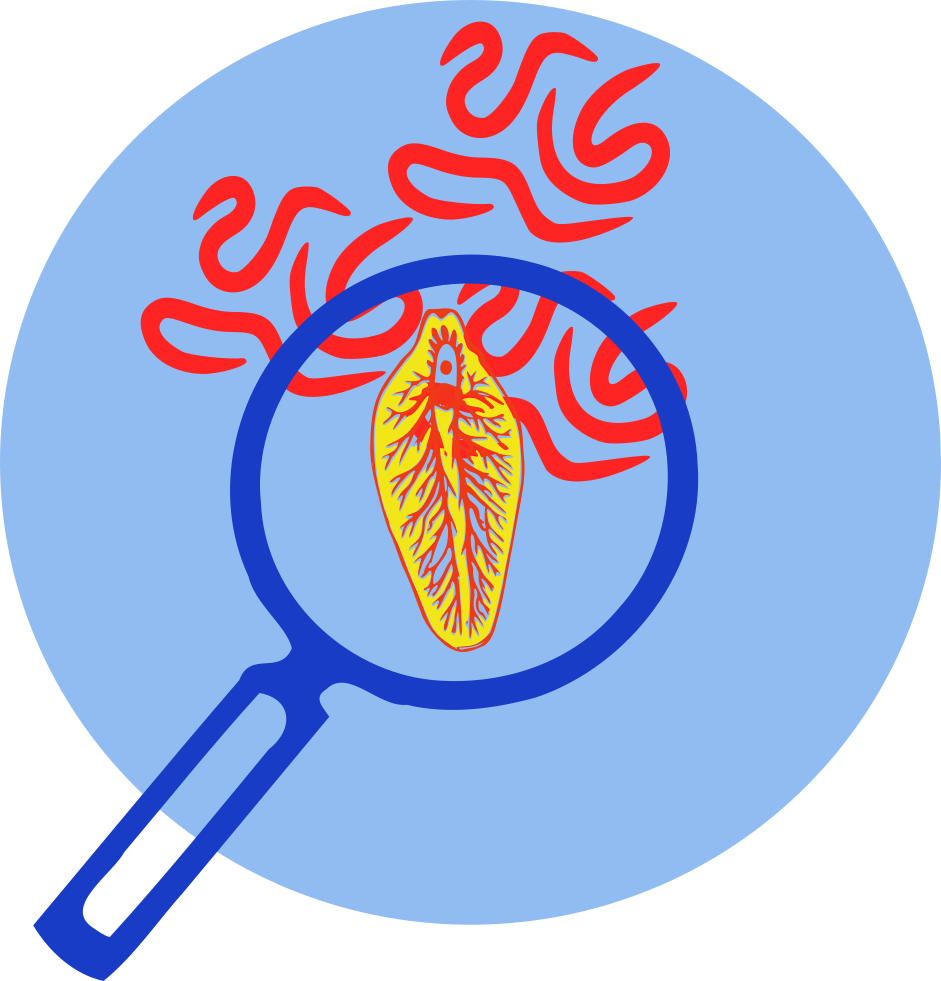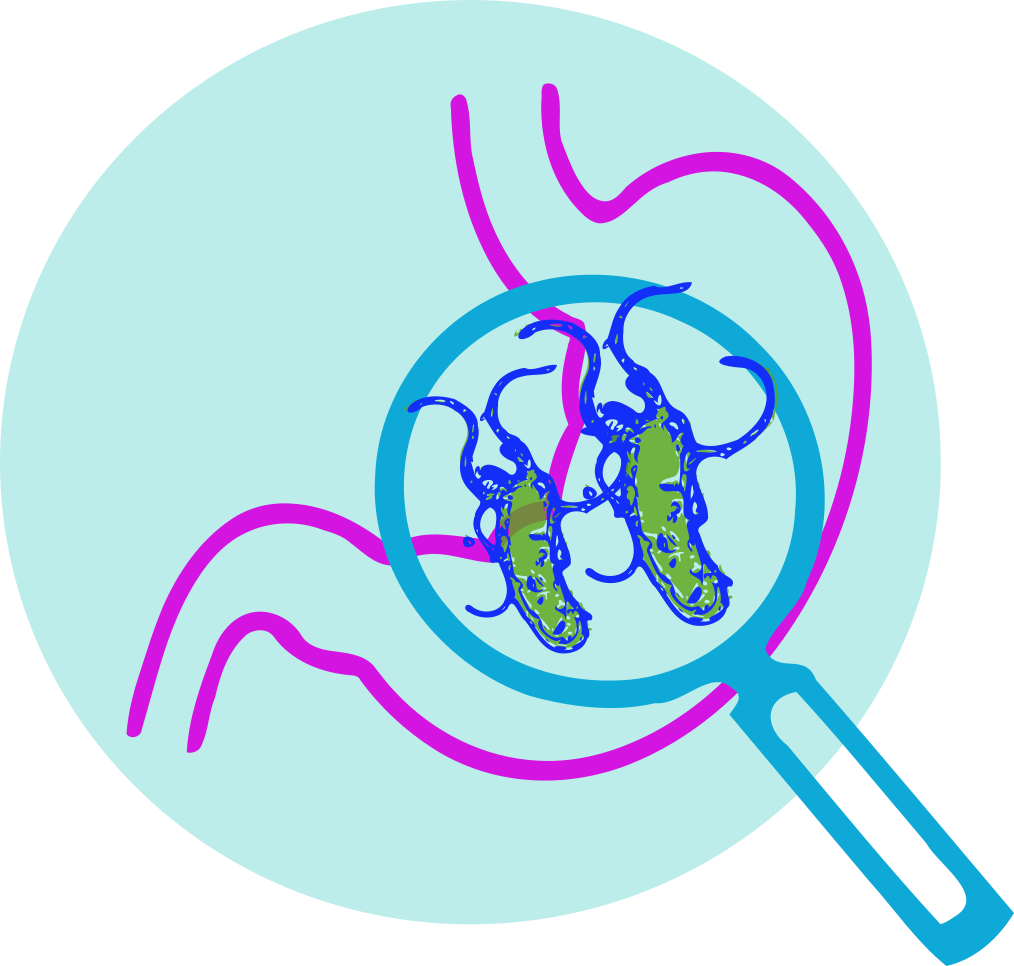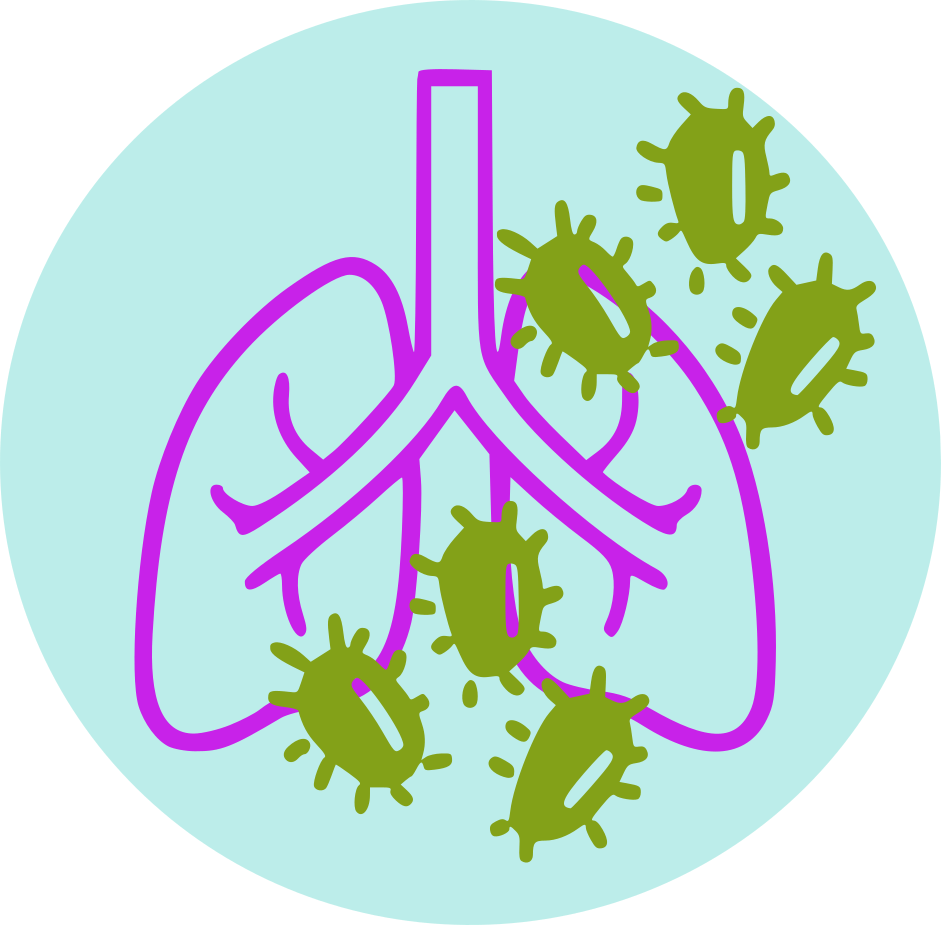| Name | Clorsulon + Ivermectin |
| Classes |
Antiinfective Agent Anthelmintic/Antiparasitic |
| Diseases |
Parasitic Infection Veterinary Infection |
Clorsulon + Ivermectin
Clorsulon + Ivermectin is a combination of two anthelmintic agents used for the treatment of parasitic infections in cattle. Clorsulon is a sulfonamide derivative that acts as a potent inhibitor of the enzymes responsible for the metabolism of Fasciola hepatica and other trematodes in the liver of infected animals. Ivermectin is a macrocyclic lactone that binds to glutamate-gated chloride ion channels in the parasite's nerve and muscle cells, leading to paralysis and death.
Clorsulon + Ivermectin is indicated for the treatment and control of infections caused by Fasciola hepatica (liver flukes) and gastrointestinal roundworms, lungworms, and mites in cattle.
The recommended dose of Clorsulon + Ivermectin for cattle is 1 mL per 50 kg body weight administered by subcutaneous injection. The product should be injected in the neck region, avoiding the region around the head and face. Dosage should be based on the heaviest animal in the group being treated. Repeat treatment after 4 weeks if required.
- As with all veterinary medicine, some unwanted effects can occur from the use of Ivermectin + Clorsulon. Always consult a veterinary physician or animal care specialist for medical advice before use.
- There are hardly any side effects, however, cases of transient swelling on therapeutic doses at the injection site have been reported.
- This product is for use in cattle only and should not be administered to other animals or humans.
- Do not use in lactating cattle producing milk for human consumption.
- Use caution when handling the product to avoid accidental self-injection, which can lead to serious health consequences.
- Do not exceed the recommended dose, as overdosing can lead to toxicity.
- Do not use in animals with known hypersensitivity to either of the active ingredients or any of the product's components.
- Use with caution in debilitated or stressed animals, as they may be at a higher risk of adverse reactions.
Contraindication
Contraindicated in animals with hypersensitivity to any component of the medication.
None known.
None known.
 Bangla
Bangla English
English

